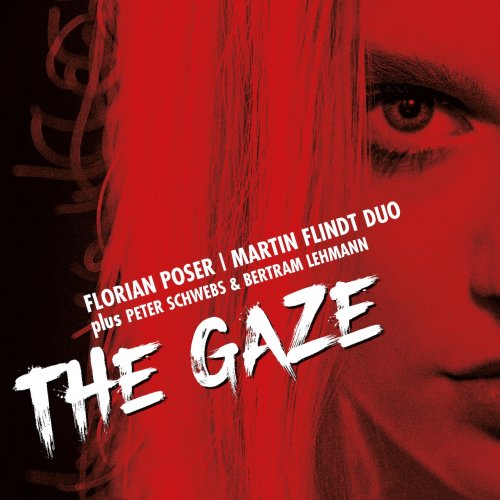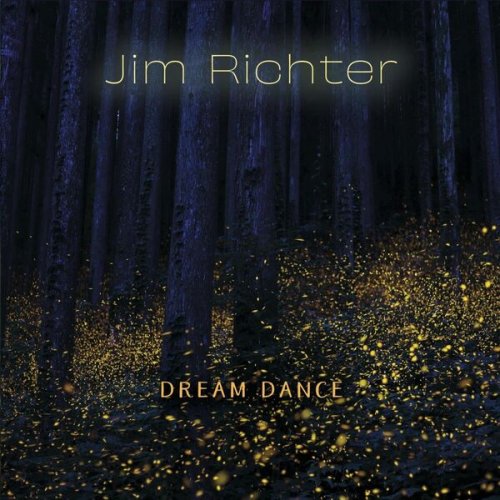Leonard Elschenbroich & Alexei Grynyuk - Brahms Cello Sonatas 1&2, Four Serious Songs (2022) [Hi-Res]
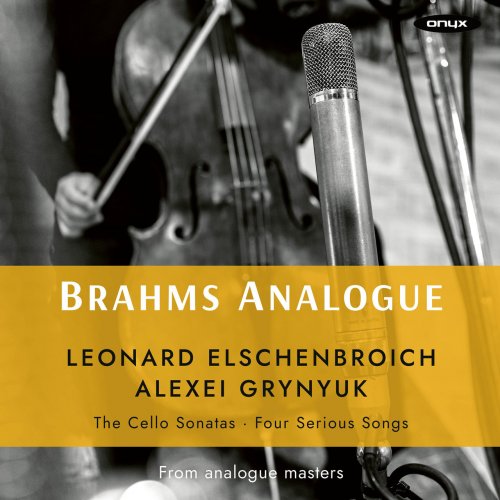
Artist: Leonard Elschenbroich, Alexei Grynyuk
Title: Brahms Cello Sonatas 1&2, Four Serious Songs
Year Of Release: 2022
Label: PM Classics Ltd.
Genre: Classical
Quality: FLAC (tracks) / 24bit-192kHz FLAC (tracks+booklet)
Total Time: 01:17:03
Total Size: 295 MB / 2.71 GB
WebSite: Album Preview
Tracklist:Title: Brahms Cello Sonatas 1&2, Four Serious Songs
Year Of Release: 2022
Label: PM Classics Ltd.
Genre: Classical
Quality: FLAC (tracks) / 24bit-192kHz FLAC (tracks+booklet)
Total Time: 01:17:03
Total Size: 295 MB / 2.71 GB
WebSite: Album Preview
1. Cello Sonata No. 1 in E Minor, Op. 38: I. Allegro non troppo (15:44)
2. Cello Sonata No. 1 in E Minor, Op. 38: II. Allegretto quasi menuetto (5:51)
3. Cello Sonata No. 1 in E Minor, Op. 38: III. Allegro (6:31)
4. Cello Sonata No. 2 in F Major, Op. 99: I. Allegro vivace (9:31)
5. Cello Sonata No. 2 in F Major, Op. 99: II. Adagio affetuoso (8:21)
6. Cello Sonata No. 2 in F Major, Op. 99: III. Allegro passionato (7:00)
7. Cello Sonata No. 2 in F Major, Op. 99: IV. Allegro molto (5:10)
8. 4 Ernste Gesänge, Op. 121: I. Denn es gehet dem Menschen (4:40)
9. 4 Ernste Gesänge, Op. 121: II. Ich wandte mich, und sahe an alle (4:29)
10. 4 Ernste Gesänge, Op. 121: III. O Tod, wie bitter bist du (4:08)
11. 4 Ernste Gesänge, Op. 121: IV. Wenn ich mit Menschen und mit Engelzungen redete (5:41)
When the red light in Studio 2 at the famous Abbey Road Studios came on at the start of the recording sessions for Elschenbroich’s and Grynyuk’s latest ONYX recording, the control room had a very different atmosphere. The recording was made using analogue technology – tape recorders, vintage microphones, and longer takes.At no point was the recorded material subjected to a digital process.
Elschenbroich wanted to capture a specific sound for these sonatas; the recorded sound of the late 1950s and the 1960s was his goal. The result is a wonderfully
intimate, warm yet clear sound, as if the musicians are actually in the room with the listener – not clinical, not a bright superficially impressive digital sound, but a
sound that captures perfectly the best recorded sound of the golden years of the LP. Importantly, it is the sound by which the artist ‘recognises’ himself. As Elschenbroich writes in the notes ‘ the listener only needs one pair of ears and the music must come to life in their unique space’.
Elschenbroich wanted to capture a specific sound for these sonatas; the recorded sound of the late 1950s and the 1960s was his goal. The result is a wonderfully
intimate, warm yet clear sound, as if the musicians are actually in the room with the listener – not clinical, not a bright superficially impressive digital sound, but a
sound that captures perfectly the best recorded sound of the golden years of the LP. Importantly, it is the sound by which the artist ‘recognises’ himself. As Elschenbroich writes in the notes ‘ the listener only needs one pair of ears and the music must come to life in their unique space’.
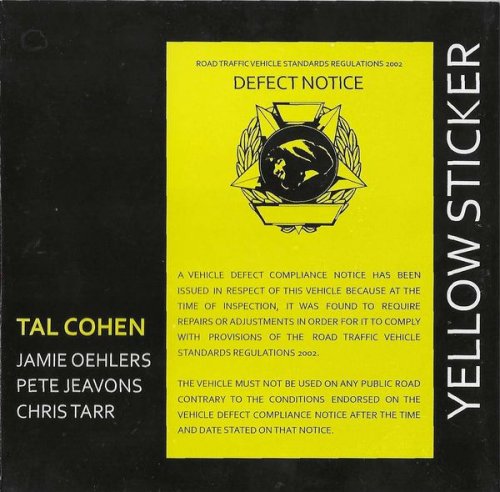
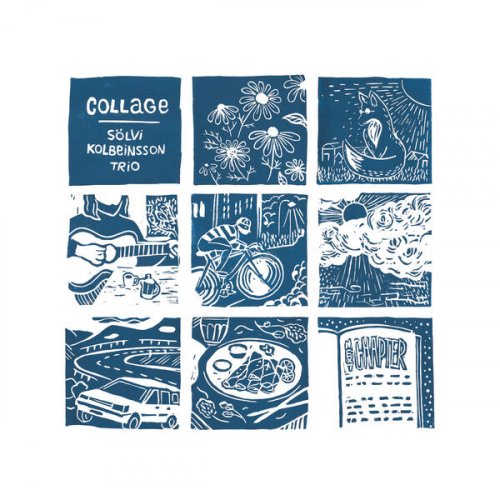
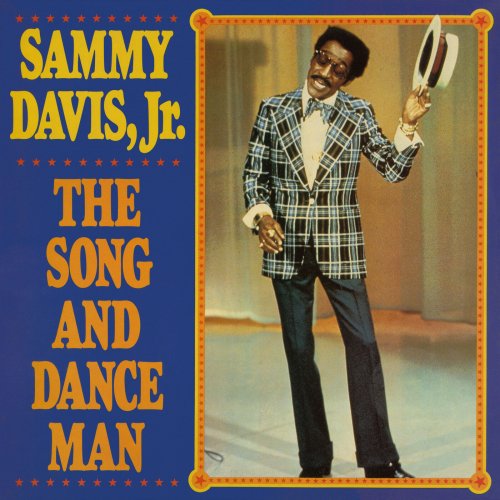
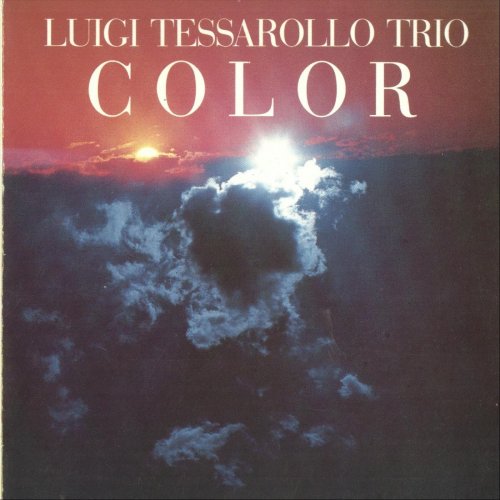
![Posey Royale - The Real Low-Down (2025) [Hi-Res] Posey Royale - The Real Low-Down (2025) [Hi-Res]](https://www.dibpic.com/uploads/posts/2025-12/1765494723_zbd6vfngwwskb_600.jpg)
